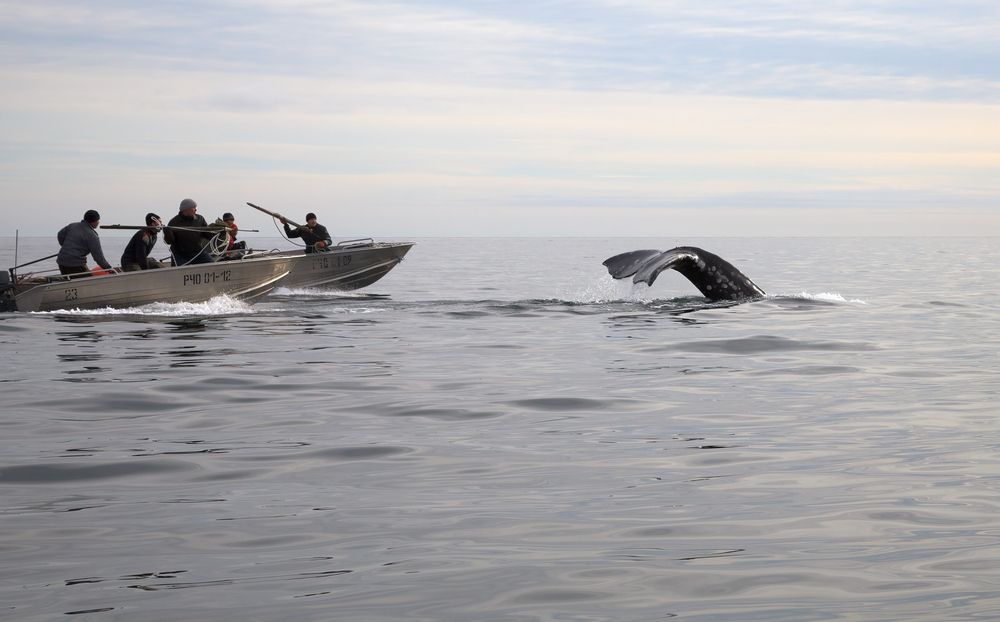- |
After a life spent at sea defending whales, Paul Watson he was arrested on July 21 in Greenland, with Danish authorities responding to an international warrant issued by Japan.A month later, the Nuuk court decided to extend the detention of the Sea Shepherd founder until September 5, waiting for the Ministry of Justice to express its opinion on the extradition request made by Tokyo.From Greenland, Captain Watson's lawyers reported irregularities in the process, such as the absence of a translator, and called for the activist's immediate release.According to the defense, in fact, the international arrest warrant is based on false evidence fabricated by the Japanese authorities.The latter – declared Paul Watson – seek «revenge for the international humiliation caused by the television series Whale Wars, which documented our actions against illegal whaling."
Whale Wars has put the spotlight on this violent practice, banned internationally since 1986.Despite this, countries like Japan "continue, under the false flag of scientific research, the extermination of several hundred specimens every year", underlines the International Organization for the Protection of Animals (OIPA).Tokyo accuses Paul Watson of having hindered one of these shipments in 2010, causing damage to a vessel and its crew.Accusations that the lawyers have returned to the sender, claiming that their falsity has been proven within Whale Wars.
In Japan the first evidence of whaling dates back to the twelfth century.Almost a millennium later, the images of huge portions of bloody sea they travel around the world every year, with fishermen busy hunting in territorial waters.Only in 2016 did the country crack down, stopping shipments to Antarctica.Since the end of the last century, environmentalists and animal rights activists have taken action to put an end to whaling, obtaining a first historic victory in 1986, with the launch of the international ban.To implement it, however, dozens of NGOs monitored the oceans, hindering repeat offender countries.Sea Shepherd made its appearance in 1977, founded by Paul Watson, creating awareness campaigns, investigations and field operations.The activities often targeted Japanese vessels;In response, Tokyo monitored Sea Shepherd and Paul Watson for years, issuing an arrest warrant not for the fight against whaling itself - given the international ban - but for damage to property and people.
While waiting for the Danish Ministry of Justice to express its opinion on the extradition requested by Japan, activists from all over the world have set up a network to pressure from below and demand justice for those who have dedicated their lives against whaling. “If Denmark approves this extradition, it will be complicit in sending Paul to an unfair trial and a life in Japanese prisons,” said the Captain Paul Watson Foundation ( CPWF) through a spokesperson.The foundation has meanwhile launched a petition – which currently matters more than seventy thousand signatures – to demand the immediate release of the seventy-three-year-old.
[by Salvatore Toscano]

